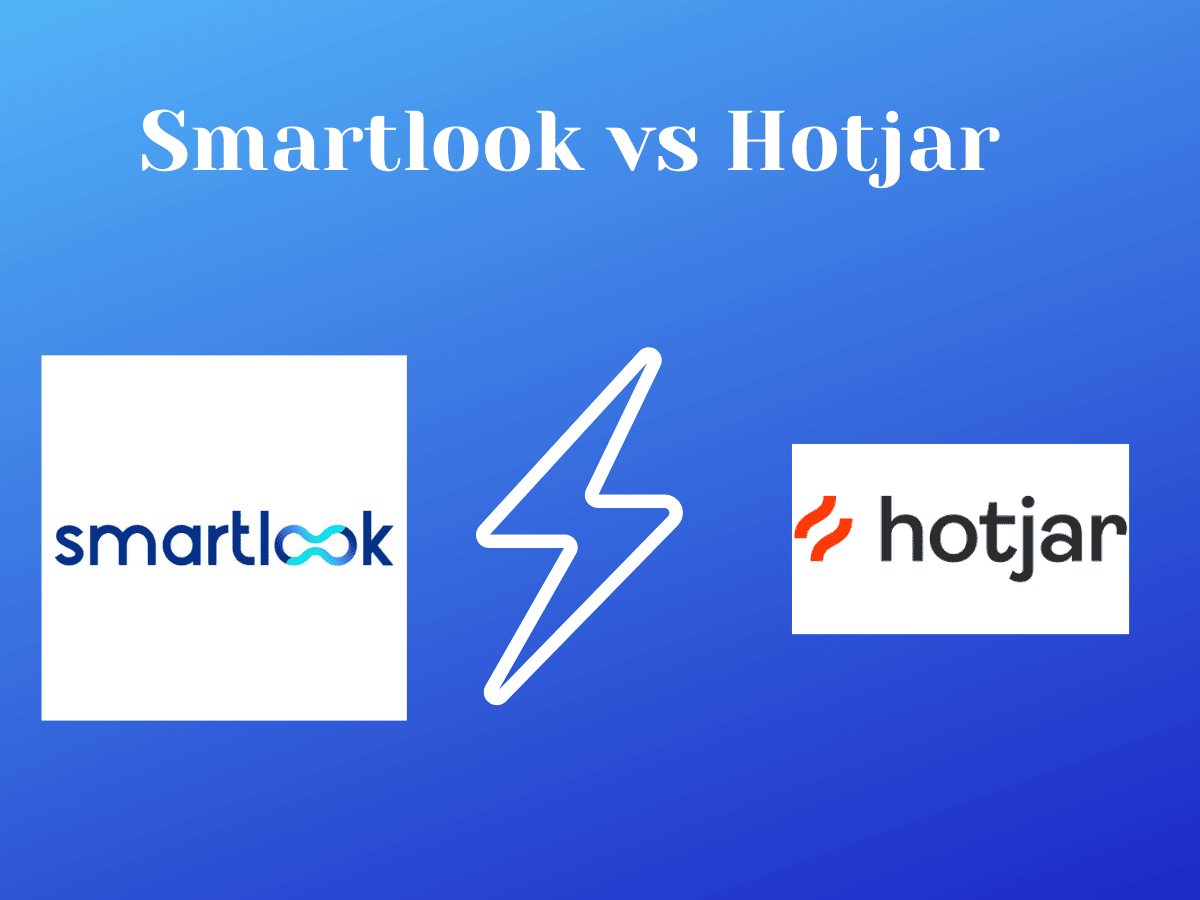Are you struggling to manage your customer relationships within the banking sector? With over 75% of businesses using CRM systems, it’s clear that these platforms are vital for success.
This article will guide you through the top ten CRMs specifically designed for the banking industry, making your choice easier and more informed.
Key Takeaways
- CRM (Customer Relationship Management) are essential tool for the banking industry, helping banks manage customer relationships, streamline processes, and drive growth.
- The top 10 CRM platforms for banking success include Monday Sales CRM, Salesforce Sales Cloud, SugarCRM, Creatio, Microsoft Dynamics 365, Vymo, 360view, HubSpot, Zoho CRM, and Pipedrive.
- Each CRM platform offers unique features and capabilities such as task management, lead management, customer segmentation, automation tools, and reporting functions.
- When choosing a CRM for banking success, consider factors like specific requirements of your bank’s business operations, costs and security measures offered by the software, integration with existing systems in your bank, and customization options.
What is a CRM for banking?

A CRM for banking is a software solution specifically designed to manage and analyze customer relationships in the banking industry, helping banks streamline processes, increase productivity, and drive growth.
Definition and purpose
A CRM is short for Customer Relationship Management. It is a tool or software that banks use to keep track of their relations with customers. With a CRM, banks can store data about customers.
This helps them know what the customer needs and wants. Also, it makes it easy to handle many tasks at once. For example, you can send emails and other messages even when doing something else! They are key in today’s banking world.
Without them, keeping up with customer needs would be hard work!
Importance in the banking industry
Banks use CRM software to manage their work with clients. It helps keep track of all dealings with each client. This makes it easy to pull up past talks, offers, and agreements. CRM also tells banks about their clients’ likes and dislikes.
It can show trends in what people buy or need from the bank. These trends help make better business plans for the future. In this way, CRM tools drive growth in the banking industry.
Why use a CRM for banking?

Using a CRM for banking provides numerous benefits for businesses and customers, including increased productivity and sales.
Benefits for businesses and customers
CRMs in banking offer many benefits for firms and clients.
- Firms can better manage customer relationships with CRM software.
- Sales tasks get easier with CRM tools like Vymo and Salesforce Sales Cloud.
- They give a full view of each customer’s needs and history, as 360view does.
- These tools can help drive growth in our digital age.
- SugarCRM and other CRMs can boost banking success.
- Better sales processes lead to more productivity.
- Good CRM systems like Creatio make banking tasks faster and smoother.
- Microsoft Dynamics 365 is good for banks and other groups who want to sell more.
- With HubSpot, banks can change how they work with customers for the better.
- A good CRM system helps banks stay organized and manage customer relationships well.
Increase in productivity and sales
Using a CRM for banking can lead to an increase in productivity and sales. By streamlining processes and providing valuable insights, CRM software helps banks operate more efficiently.
It allows bank employees to better manage customer relationships, leading to improved customer satisfaction and retention. With access to important data and analytics, banks can make informed decisions that drive growth and boost sales.
This ultimately results in increased revenue and success for the banking business.
The 10 best CRM platforms for the banking industry
Here is an overview of the top 10 CRM platforms for the banking industry, each offering unique features and capabilities to streamline processes and drive growth in the digital age.
Overview of the 10 best CRM platforms
Here are the 10 best CRM platforms for banking success:
- Monday Sales CRM: A powerful CRM software that helps streamline processes and boost productivity in the banking industry.
- Salesforce Sales Cloud: Recognized as one of the top CRM solutions for banks, driving growth in the digital age.
- SugarCRM: A reliable and feature-rich CRM software option for banking success.
- Creatio: A comprehensive and industry-specific CRM solution designed to streamline banking processes.
- Microsoft Dynamics 365: A versatile CRM solution that can benefit banks and other sales organizations.
- Vymo: A CRM software that can help banks improve their sales processes and efficiency.
- 360view: Provides a holistic view of customer relationships, enabling banks to better understand their customers’ needs.
- HubSpot: A transformative CRM software that enhances banking experiences through personalized interactions.
- Zoho CRM: Offers a range of features and capabilities to support the unique requirements of the banking industry.
- Pipedrive: Helps banks effectively manage their customer relationships and drive sales growth.
Features and Capabilities
The features and capabilities of the top 10 CRM software for banking success vary, offering different benefits to suit different needs. Here’s a detailed look at what each platform offers:
| CRM Software | Features | Capabilities |
|---|---|---|
| Monday Sales CRM | Task management, pipeline tracking, real-time reports | Sales forecasting, customer interaction tracking, insights generation |
| Salesforce Sales Cloud | Lead management, opportunity management, sales collaboration | Email marketing, customer segmentation, analytics and reporting |
| SugarCRM | Customer journey mapping, AI-driven insights, real-time analytics | Marketing automation, project management, customer support |
| Creatio | 360-degree customer view, process automation, sales forecasting | Productivity tools integration, customer data management, campaign management |
| Microsoft Dynamics 365 | Relationship insights, mobile offline capability, sales analytics | Integration with Office 365, customer engagement, sales mobility |
| Vymo | Geo-tracking, automated logging, predictive analytics | Lead management, personal selling, sales process automation |
| 360view | Profitability tracking, campaign management, customer segmentation | Customer relationship management, cross-sell and up-sell capabilities, reporting |
| HubSpot | Contact and pipeline management, email tracking, meeting scheduling | Sales automation, reporting and analytics, customer feedback |
These varied features and capabilities ensure that each CRM software caters to the unique needs of the banking industry, leading to enhanced productivity and improved customer relationships.
How to Choose the Best CRM for Banking Success
To choose the best CRM for banking success, determine your unique CRM requirements, consider cost and security, evaluate scalability and integration, and look for customization and reporting options.
Determine unique CRM requirements
To choose the best CRM software for banking success, consider these unique requirements:
- Identify the specific needs of your banking business.
- Look for a CRM platform that can streamline processes and improve customer relationships.
- Consider the cost of the CRM software and ensure it fits within your budget.
- Evaluate the security features of the CRM platform to protect sensitive customer data.
- Assess scalability and integration capabilities to ensure compatibility with existing systems.
- Look for customization options that allow you to tailor the CRM to your banking operations.
- Consider reporting capabilities to track key metrics and analyze performance.
- Choose a CRM solution that brings benefits specifically to the banking industry.
Consider cost and security
It is important to consider the cost and security aspects when choosing a CRM software for banking. The article emphasizes that finding an affordable solution that meets your budget is crucial.
It also highlights the significance of data security in the banking industry, as customer information needs to be protected from potential breaches or unauthorized access. Therefore, selecting a CRM platform with robust security features and protocols is essential to ensure the safety of sensitive financial data.
Evaluate scalability and integration
It is important to evaluate scalability and integration when choosing a CRM platform for banking success. Scalability refers to the ability of the CRM software to handle increasing data and user demands as your business grows.
Integration, on the other hand, is about how well the CRM system can connect with other existing systems in your organization, such as banking applications or customer support tools.
By considering scalability and integration, you can ensure that the chosen CRM platform will be able to meet your future needs and work seamlessly with your current systems. For example, Microsoft Dynamics 365 is mentioned as a CRM solution that can benefit banks and other sales organizations due to its scalability and seamless integration capabilities.
Look for customization and reporting options
When choosing a CRM for banking success, it’s important to look for customization and reporting options. Customization allows you to tailor the CRM to meet your specific needs and preferences.
This can include customizing fields, workflows, and user interfaces. Reporting options are essential for tracking and analyzing data related to customer interactions, sales performance, and other key metrics.
With robust reporting capabilities, you can gain valuable insights into your business operations and make data-driven decisions. So when evaluating CRM platforms, make sure they offer flexible customization features and comprehensive reporting tools to support your banking business effectively.
Benefits of using CRM in the banking industry.
Using CRM (Customer Relationship Management) software in the banking industry has several benefits. First, it helps banks streamline their processes and manage customer relationships more effectively.
With a CRM platform, banks can keep track of customer interactions, such as account inquiries or loan applications, all in one place. This makes it easier for bank employees to access customer information quickly and provide better service.
Second, using a CRM system can improve productivity and sales in the banking business. By automating certain tasks like data entry or follow-up emails, bank employees can save time and focus on building relationships with customers.
This leads to increased efficiency and ultimately higher sales.
Lastly, CRM software enhances banking experiences for customers. Banks can use CRM platforms to personalize communication with customers based on their preferences and needs. For example, if a customer recently opened a savings account, the bank can send them relevant information about interest rates or investment opportunities.
Conclusion
In conclusion, the article has discussed the 10 best CRMs for banking success. These CRM platforms, including Monday Sales CRM, Salesforce Sales Cloud, and SugarCRM, offer features and capabilities that can help banks streamline processes and enhance their operations in the digital age.
By choosing the right CRM software for their unique requirements, banks can effectively manage customer relationships and drive growth in the competitive banking industry.
FAQs
1. What is a CRM and why is it important for banking success?
A CRM, or Customer Relationship Management system, is a tool that helps banks manage their interactions with customers and improve customer service. It’s important for banking success because it allows banks to better understand their customers’ needs and provide personalized services.
2. How were the “10 best CRMs for banking success” chosen?
The “10 best CRMs for banking success” were chosen based on factors such as user reviews, features offered, ease of use, integration capabilities with other bank systems, and overall reputation in the industry.
3. Can these CRMs be used by all types of banks?
Yes, these CRMs can be used by various types of banks including retail banks, commercial banks, investment banks, and credit unions. They are designed to cater to the specific needs of the banking industry.
4. Are these CRMs suitable for small or startup banks?
Yes, many of the “10 best CRMs for banking success” offer solutions that are suitable for small or startup banks. They often have different pricing plans or packages tailored to accommodate different budget sizes.
5. How can using a CRM benefit a bank’s relationship with its customers?
Using a CRM can benefit a bank’s relationship with its customers by providing insights into customer preferences and behavior patterns which can help tailor products and services to meet their needs more effectively. This leads to improved customer satisfaction and loyalty



